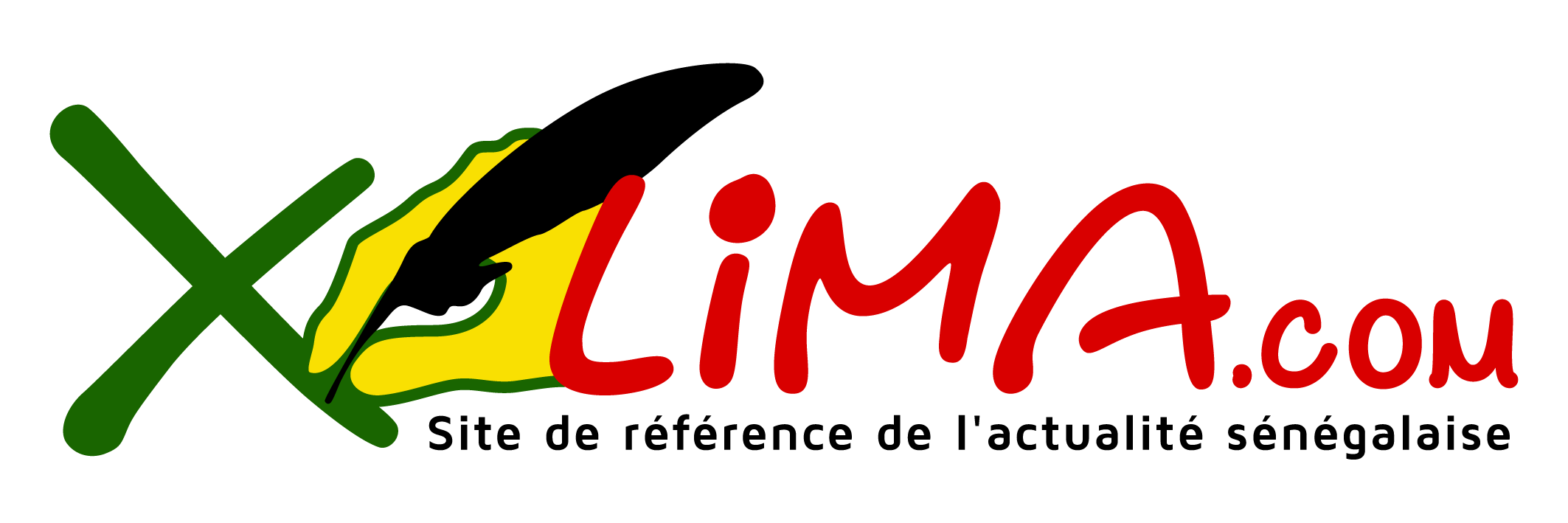The country is facing increasing international pressure to support sanctions. But China will require something in return.
Has Iran finally gone too far, pushing China into changing its mind about sanctions? Maybe not just yet. Tuesday, after Iran ratcheted up its uranium-enrichment program—elevating the purity of its enriched product to 20 percent—Beijing looked increasingly isolated in its calls to continue negotiations. « To talk about sanctions at the moment will complicate the situation and might stand in the way of finding a diplomatic solution, » Chinese Foreign Minister Yang Jiechi said at a conference in Europe.
Western countries have been lobbying China, a permanent member of the U.N. Security Council, to join them in supporting increased sanctions against the Tehran regime. The U.S. in particular has made known that it hopes to push through a regimen of « crippling sanctions » early this year. But Chinese officials have stuck to their guns, arguing that sanctions don’t work.
The haggling could go on for months. On Tuesday, Chinese officials renewed calls for the international community to support a proposal backed by the International Atomic Energy Agency that would allow Tehran to procure nuclear fuel for its medical-research reactor in exchange for its low-enriched uranium. « We expect and back all sides to reach an early agreement on the IAEA-raised draft proposal regarding the Tehran research reactor, which will help solve the issue, » foreign ministry spokesman Ma Zhaoxu told a regular briefing.
It’s not that China is irreversibly wedded to its « We don’t do sanctions » mantra. Beijing itself recently made the rare decision to publicly announce punitive sanctions against U.S. defense firms involved in the Obama administration’s $6.4 billion arms sales to Taiwan, a transaction that includes Patriot missiles, Blackhawk helicopters, and other weaponry. In the past, Beijing has quietly boycotted business with American firms that peddled arms to Taipei, but this is the first time it has publicized the move. « This is kind of an experiment. It’s unprecedented, » acknowledges international affairs expert Tao Wenzhao of the Chinese Academy of Social Sciences.
Still, Beijing has way too much invested in its multibillion-dollar energy relationship with Tehran to risk it easily. Chinese leaders won’t even consider agreeing to sanctions without a really big quid pro quo—something akin to, say, Washington stopping or curbing its own longstanding arms sales to Taiwan. That scenario isn’t likely.
Another complication is that Beijing would need to be sure that any sanctions are appropriately targeted and, most important, likely to work the way they’re supposed to. That’s a painful lesson that Chinese authorities learned back in 1840 when the imperial court tried to halt the opium trade by British traders near Canton. Tasked with impounding and destroying more than a thousand tons of opium, erstwhile « drug czar » Commissioner Lin Zexu wrote a letter to Britain’s Queen Victoria threatening to cut off Chinese exports to the West of, among other things, tea and rhubarb (which China’s mandarins thought was essential to prevent Brits from becoming dangerously constipated). « Foreign countries cannot get along for a single day without [these products], » Lin wrote, « If China cuts off these benefits with no sympathy for those who are to suffer, what can the barbarians rely upon to keep themselves alive? »
newsweek.com



